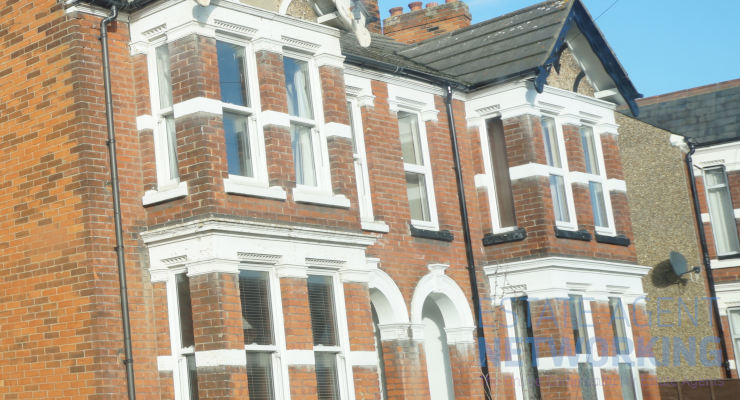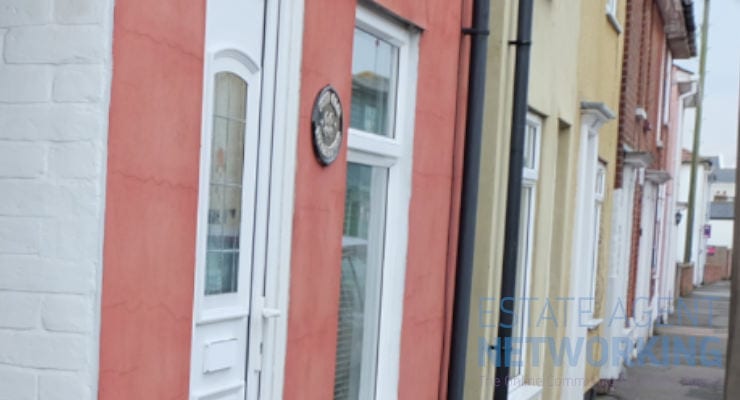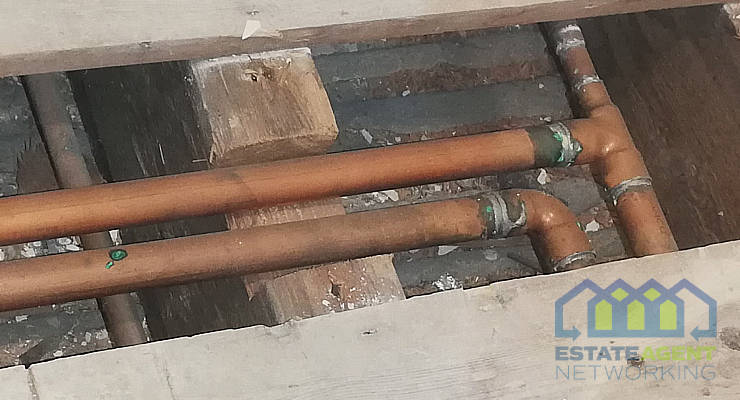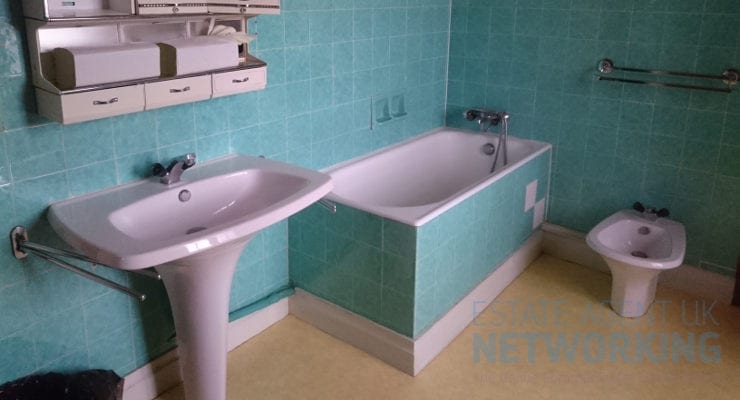Landlords urged to protect their tenants and properties as nearly half of renters struggle with mould
Rising concern over mould and damp in rental properties is a real issue which wetter UK weather is only making worse – as the last 18 months are declared the wettest on record.
A survey conducted by experts at Quotezone.co.uk has revealed 43% of renters have reported issues with mould or damp.
65% say they have experienced hazards in their homes while renting, with almost one in five saying despite their complaints, the problems remained unsolved.
Landlords are being warned that failing to maintain their properties can lead to serious legal consequences and compensation payouts.
Under Section 9A and Section 11 of the Landlord and Tenant Act 1985, if a home is unfit to live in and could pose health risks, tenants can bring a County Court claim against the landlord.
Tenants can claim compensation if they’re able to prove that mould has damaged their belongings, caused health problems or rendered parts of the house uninhabitable.
Government guidance states all landlords should take complaints of mould seriously and to further protect renters, a revised renters’ rights bill is going to be introduced to support tenants on important issues such as this.
In the revised bill, the Awaab’s law will be extended to private landlords and means they must investigate reported issues within 14 days and begin fixing them within a further seven days.
According to the Quotezone survey, 43% of tenants say they are waiting one month or more for reported hazards to be dealt with.
By introducing this new bill, the hope is that substandard properties become a thing of the past.
Landlords are responsible for ensuring tenants have a safe living environment and if signs of mould appear, issues must be addressed promptly to prevent potential harm to both the property and the renters’ health.
Prolonged exposure to mould spores can pose serious health risks, including allergic reactions, asthma attacks, coughing, wheezing and breathlessness.
Landlords should be especially mindful if they have vulnerable groups living in their property, including older people, families with young children and individuals with respiratory conditions.
The experts are encouraging both renters and landlords to inspect properties regularly for signs of mould and damp throughout the colder months, checking for damp patches on walls, condensation around windows and curtains, and mould spores in the corners of rooms.
It’s not always obvious who is at fault for damp or mould formation, tenants could be held responsible if they are seen to not be taking proper care of the property such as lack of ventilation, however if it’s a faulty ventilation or heating system or poor insulation, the landlord will likely be responsible.
Greg Wilson, CEO and insurance expert at Quotezone.co.uk said: “The weather in the UK over the last two years has become wetter and stormier than ever before, creating damage and issues for houses across the country.
“Coupled with the rising cost of energy, people in the UK are trying to save by reducing their heating, which in turn has created an ideal breeding ground for mould and an increase in condensation – with mould related complaints in social housing doubling over the last two years.
“But there are ways we can fight it. Regular property inspections, timely repairs and proactive maintenance are not only essential for providing an adequate living environment, they’re also crucial for preventing extensive and costly damage to the property.
“If mould is left unchecked, it can spread rapidly and cause severe damage to walls and other structures, potentially costing landlords thousands of pounds to fix.
“Renters and landlords should work together to prevent these dangerous issues, regularly checking the property for signs of mould and actioning immediately.
“First signs to look out for include damp patches on external walls, excessive condensation around windows and mould spores in the corners of rooms, behind furniture and on ceilings.
“Standard landlord insurance policies are unlikely to cover mould damage as a result of wear and tear or negligence such as poor ventilation, leaking roofs, or inadequate insulation so it’s vital properties are well maintained at all times.”
Quotezone can help tenants, landlords and homeowners compare and find savings on all sorts of insurance products.
-ENDS-
Notes to Editor:
*https://www.ft.com/content/
https://www.legislation.gov.
https://www.legislation.gov.
https://www.gov.uk/government/
SURVEY – Quotezone.co.uk‘s findings are based on a randomised survey of 1,200 respondents across the UK during October / November 2023, which represents a margin of error of approximately 5% at a 95% confidence level.
| Did your rental property ever suffer from any of the following? | |
| Mould | 20% |
| Damp | 22.9% |
| Asbestos | 2.3% |
| Not applicable | 54.8% |
| Have you experienced other hazards when renting? If so, please choose one or more of the below; | |
| Loose roof tiles | 8.2% |
| Unstable floors / stairs | 6% |
| Broken windows | 6.4% |
| Bowing walls | 2.6% |
| Rotting wooden joists and supports | 5.4% |
| Broken sanitary ware | 5.8% |
| Smoke alarm missing or not working | 10% |
| Carbon monoxide alarm missing or not working | 10.7% |
| Pests | 9.4% |
| Not applicable | 35.6% |
| How long did it take for these issues to be resolved? | |
| One day | 3% |
| One week | 10% |
| One month | 9% |
| More than one month | 9% |
| More than two months | 3% |
| More than three months | 6% |
| Wasn’t resolved | 16% |
| Not applicable | |









